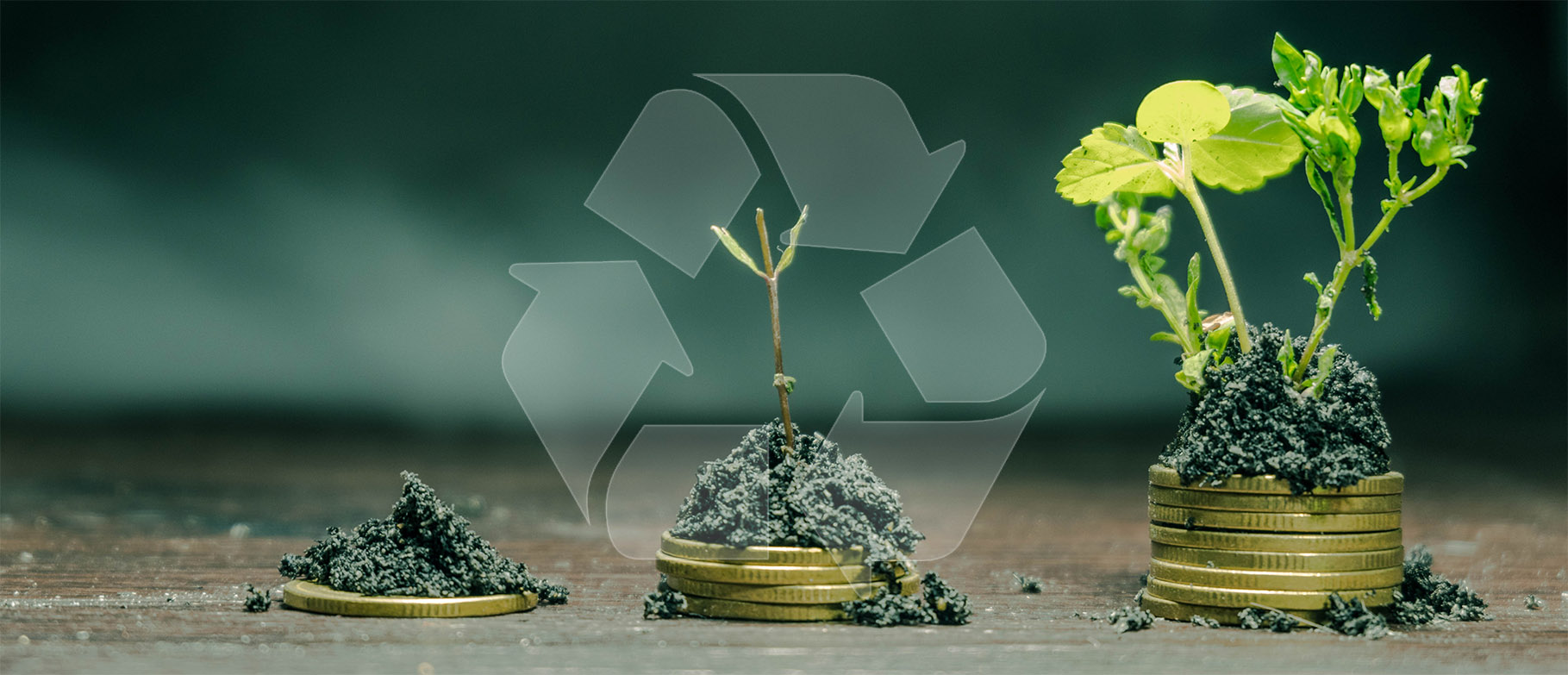
CIRCULAR ECONOMY HUB Benefits of the circular economy
- HOME
- Naturklima
- Observatory
- Green transition
- Fondo carbono
- Classroom
- Resources
- The climate challenge
- Climate Change Observatory
- Reports
- European projects
- Circular Economy Hub
- Energy Transition Hub
- Preguntas frecuentes
- Objetivo
- Programa KlimaBai!
- Talleres Oca Climática
- Talleres Generación Z
- Tools
- Glossary
- What is the circular economy
- Agents
- Reports
- Zirkular Bat+
- Materiategi
- Business challenges - Ekintegi
- European projects
- What is the energy transition
- Agents
- Finance and aid
- Training
Progressing towards a more circular economy —in line with European guidelines— will bring major benefits. These include a reduction in pressure on the environment, improvements in the supply security of raw materials, an increase in competitiveness and innovation and a growth in employment. Additionally, consumers in a circular economy have access to more durable and innovative products, with all the resulting financial savings.
By its very nature, the circular economy addresses the environmental challenges faced by society at large, by generating new business models and new jobs that will have a positive impact in reducing carbon emissions and the impact of climate change.
Economic advantages
- Increase in GDP
- Greater technological innovation
- Emergence of new business models and services
- Net savings in costs of materials
- Savings in consumer products
- Creation of job opportunities
- Reduction in consumption of resources in the economy
- Reduced dependency on imports of raw materials and greater supply security
- New forms of customer interaction and loyalty
- Greater competitiveness and sustainability
- Greater efficiency and productivity
- Greater profitability of products and processes
- Value creation
Environmental benefits
- Reduction in global emissions
- Reduction in waste generation
- Increase in value of land and soil as assets
- Reduction in the environmental impact of extraction processes





